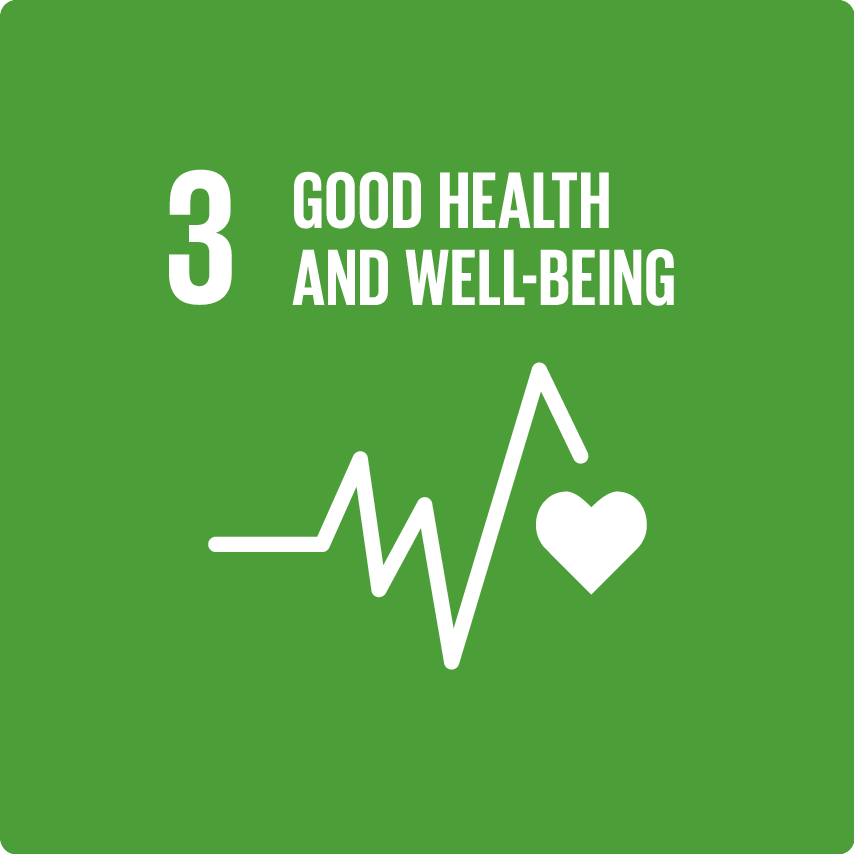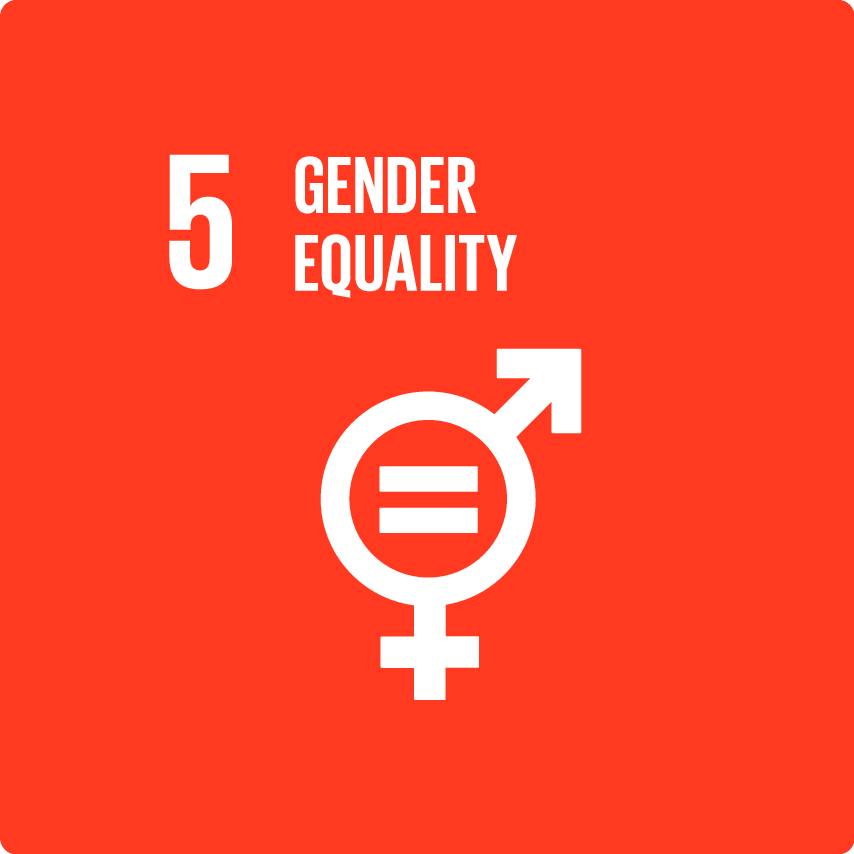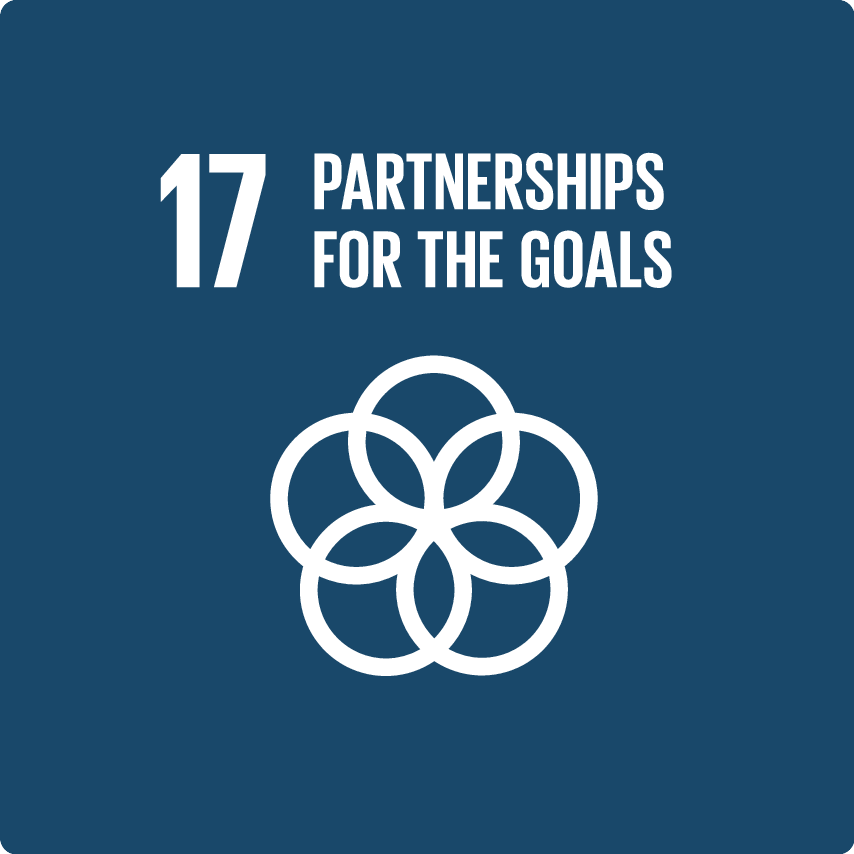Takeda and UNICEF, Improving health and preventing stunting during a child’s first 1,000 days
This multi-country Global CSR Program partnership focuses on supporting a holistic approach of interventions integrating health, nutrition, water, sanitation and hygiene and early childhood development
SEE ALL PARTNER ORGANIZATIONS
Objectives
To protect children from stunting (chronic malnutrition) by integrating health, nutrition, water, sanitation and hygiene, and early childhood development. Specifically, the program aimed to support total 1.3 million mothers and babies with 5 years in 3 countries, Benin, Madagascar and Rwanda
The first 1,000 days of a child’s life lay a lifelong foundation for good health. However, poor nutrition in this period can have irreversible consequences in terms of health, cognitive capacity and physical development. This program focuses on the promotion of adequate nutrition and care so that children can survive and thrive.
Under-five mortality and stunting were disproportionately high in Benin, Madagascar and Rwanda.
• Benin: Under-5 mortality is 100 per 1,000 live births; Stunting 1 in 3 children.
• Madagascar: Under-5 mortality is 50 per 1,000 live births; Stunting 1 in 2 children.
• Rwanda: Under-5 mortality rate is 50 per 1,000 live births; Stunting 1 in 2.6 children.
The project focuses on primary health care. All “the first 1000 days” interventions are basic and simple, not advanced care, e.g.
• Train staff to learn proper knowledge and care,
• Equip necessary medicine and materials and
• Educate mothers and family to take care of babies in right way.
Interventions are varied and based on the country contexts; the following are standard examples:
• Health: Strengthened workforce (community health worker), improved access to service in remote areas, support pregnant women and newborns.
• Nutrition: Improved nutrition among pregnant women and infant, treatment, raise awareness/knowledge about nutrition.
Results and milestones
The program has helped the three target countries make great strides in providing safe and healthy environment for children to survive and thrive. It has also reached more than 2.6 million people, far exceeding its original target of 1.3 million people.
Benin
No of Beneficiaries Reached (as of Oct 2022)
– 492,722 pregnant women and mothers
– 854,285 newborns and children
Key achievements made in the target areas
– The coverage of the treatment for severe acute malnutrition increased from 25% to 65%
– The practice of early breastfeeding increased from 56% to 62%
Madagascar
No of Beneficiaries Reached (as of Oct 2022)
– 359,484 pregnant women and mothers
– 576,841 newborns and children
No of Beneficiaries Reached (as of Oct 2022)
– Women giving birth in healthcare facilities increased from 24% to 34%
– The percentage of newborn babies receiving care within 6 days of birth increased from 17% to 47%
Rwanda
No of Beneficiaries Reached (as of Oct 2022)
– 369,742 newborns and children
No of Beneficiaries Reached (as of Oct 2022)
– The percentage of newborns not breathing who received neonatal resuscitation as per protocol increased from 33% to 87%
– The percentage of pre-term babies who received Kangaroo Mother Care nearly doubled
– 292,342 babies benefited from access to quality intrapartum care
Geographic Reach
- Africa
Disease Area
- Other
Target Population
- Women
- Children
Partner organizations
UNICEF
Additional resources
Geographic Reach
Africa
- Benin
- Madagascar
- Rwanda


